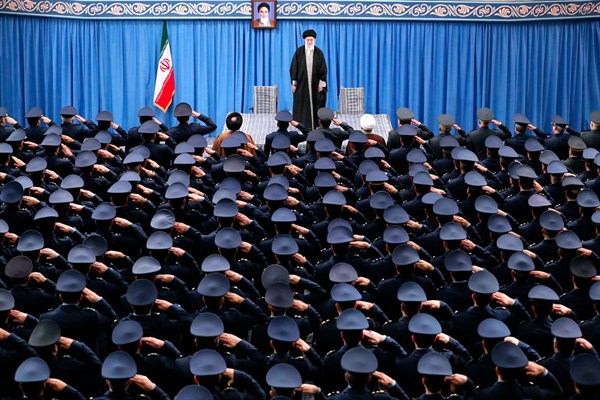Ahead of parliamentary elections later this month, there is widespread disillusionment among Iranian voters. The nuclear deal that Tehran concluded with world powers in 2015 is hanging by a thread, and the economy is being throttled by unprecedented American sanctions. Across the country, security forces have clashed with protesters disgruntled at economic and political conditions. And while Iran and the United States have pulled back from the brink of war, tensions remain high.
All of this has fueled the more hard-line factions in Tehran who blame President Hassan Rouhani, a centrist politician first elected in 2013 promoting an agenda of economic reforms and potential détente with the United States, for the country’s ills. By contrast, supporters of Rouhani, who include both moderate conservatives and reformists, are exhausted, frustrated and increasingly hopeless. Many of them may well decide to stay home rather than participate in the upcoming ballot on Feb. 21, when all 290 seats in Iran’s parliament will be up for grabs.
This dynamic stands in stark contrast to Iran’s last elections in 2017, when Rouhani won a second term in office. While Iranians were anxious then about the policy that might emerge from President Donald Trump’s new administration in Washington, there was a broad sense of optimism among Rouhani’s supporters that Iran could still use the nuclear deal to rehabilitate its economy, broaden diplomatic engagement with the U.S. and remove the shadow of war.

